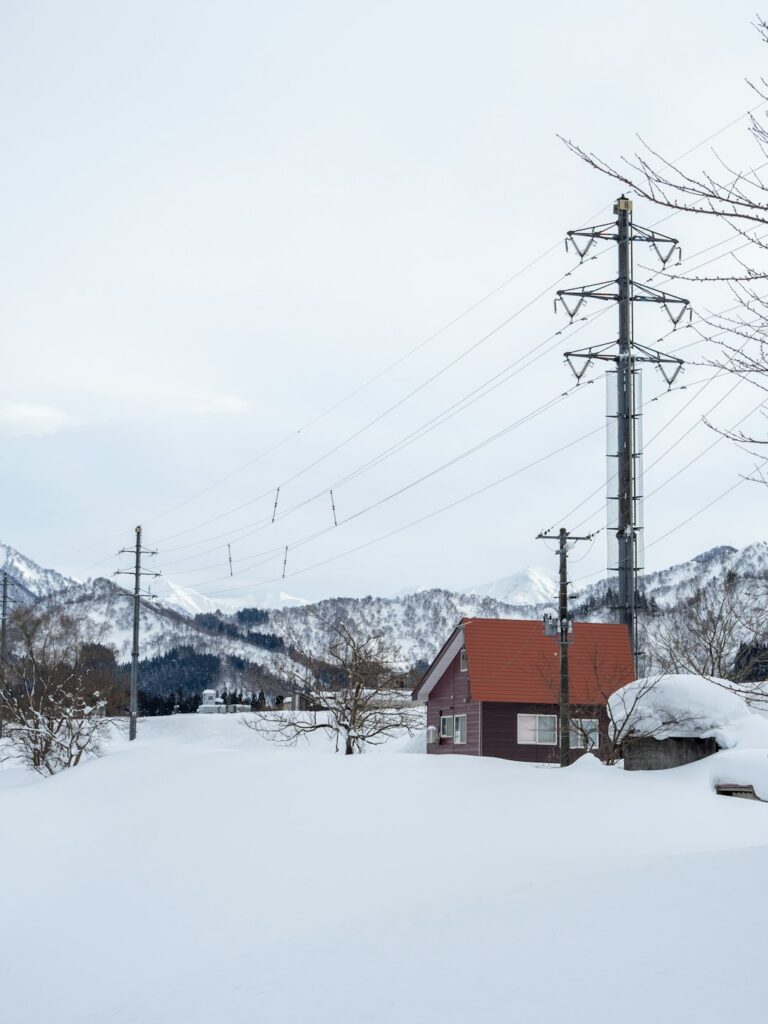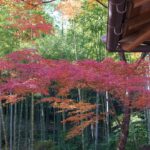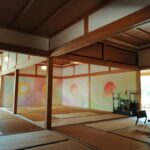Are you ready to unplug from the buzz of city life and lose yourself amid enchanting forests, misty mountains, and serene rivers? In 2025, Japan is seeing a dramatic rise in interest for remote mountain cabins and unique off-grid retreats. Locals and adventurous travelers alike are discovering a new side of the country: one where tranquility, sustainability, and nature take center stage. This deep dive offers insider tips on Japan’s hidden cabin gems, immersive nature experiences, real voices from guests and hosts, and practical advice for your own off-grid escape. Embark on a journey to Japan’s wild side and learn why “koya camping”—retreating to rustic yet stylish mountain huts—is set to revolutionize travel in 2025.
Japan’s Koya Camping Craze: The Off-Grid Retreat Boom of 2025
2025 has become the year of “koya camping” in Japan—a movement that blends the rustic charm of remote cabins (koya) with the principles of sustainable living. Sparked by a renewed national interest in wellness, minimalism, and eco-conscious travel, city-dwellers are escaping to nature for unique “off-the-grid” getaways. Small, thoughtfully designed mountain lodges and forest cabins—many accessible only by narrow paths or mountain trails—offer an antidote to over-tourism and digital fatigue. Unlike traditional ryokans, these retreats provide privacy and immersion in untamed landscapes. The trend mirrors the global rise in slow travel, though with a distinctly Japanese sense of aesthetic, simplicity, and respect for nature.
Secret Cabins & Untouched Wilderness: Local Favorites Revealed
Beyond major tourist destinations, Japan hides countless secret cabins far from mainstream reach. In the Koya region of Wakayama, ancient pilgrimage routes snake through cedar forests, leading to tiny wooden huts perched on ridgelines. The Japanese Alps offer stunning high-elevation lodges—sometimes run by local climbers—where the sunrise paints snow-capped peaks with gold. On Yakushima island, moss-covered forest retreats offer total immersion in Japan’s UNESCO-protected wilderness. Many of these retreats are family-owned, bookable only by word of mouth or local connections, offering a depth of hospitality rarely found elsewhere. Each property reflects its surroundings and uses local materials, blending seamlessly into the environment.
Immersive Experiences: What Awaits at Japan’s Off-Grid Cabins
Staying in a Japanese mountain cabin is about more than just great views—it’s a feast for the senses and the soul. Guests often start their day with forest walks, foraging local mountain vegetables, or meditating to birdsong. Nights are reserved for stargazing under ink-black skies, unspoiled by city lights—a rare thrill even for seasoned travelers. Many cabins offer hands-on outdoor cooking, where you’ll sample wild-caught river fish, locally grown produce, and fire-grilled meals. Sustainability is a core theme: rainwater collection, solar panels, and compost toilets are the norm. Hosts often encourage guests to join in chores like gathering firewood or learning about traditional building crafts. Every detail, from the hand-carved hinoki bathtubs to the zero-waste policies, shows a deep respect for the ecosystem.
Voices from the Wild: Guests & Owners Share Their Stories
What makes these places unforgettable? We spoke to travelers and local hosts to find out. Aya, a Tokyo software engineer, described her Yakushima stay: “Every night, the sound of rain on the cabin roof and the chorus of frogs lulled me to sleep. I woke up refreshed, ready for a climb or a cooking class using local roots and herbs.” Yusuke, owner of a tiny lodge in the Japanese Alps, says, “Our guests come as strangers and leave as family. They help in the vegetable garden, swap stories by the fire, and learn what it means to live with the mountain.” Most guests recommend coming in small groups or solo for the richest experience. Tip: bring your curiosity and embrace the slow pace—these retreats are designed for presence, not productivity.
Plan Your Escape: Pro Tips & Trends for Koya Camping in 2025
- Getting There: Many cabins are accessible only via mountain trails or forest roads. Expect a hike, and check with your host for detailed access instructions in advance.
- What to Pack: Essentials include layered clothing (mountain weather changes fast), headlamps, portable chargers, and biodegradable toiletries. Some cabins provide bedding and basic kitchenware, but always ask ahead.
- Eco Living Rules: Off-grid means conserving water and power, composting food scraps, and using natural soaps. Be ready to participate in sustainable routines and respect quiet hours for the sake of wildlife.
- 2025 Trends: Look for retreats offering digital detox programs, forest wellness workshops, and guided wildlife walks. Increasingly, cabins feature traditional Japanese architecture with modern eco-innovations, from tatami sleeping lofts to high-efficiency wood stoves and solar-powered bathhouses.
Whether you are a seasoned trekker or a traveler yearning for off-the-beaten-path experiences, Japan’s mountain cabin and off-grid retreat boom promises transformation, serenity, and genuine connection. Book early, travel light, and get ready to rediscover the joys of slow travel in Japan’s most enchanting wild places.








